TEAM

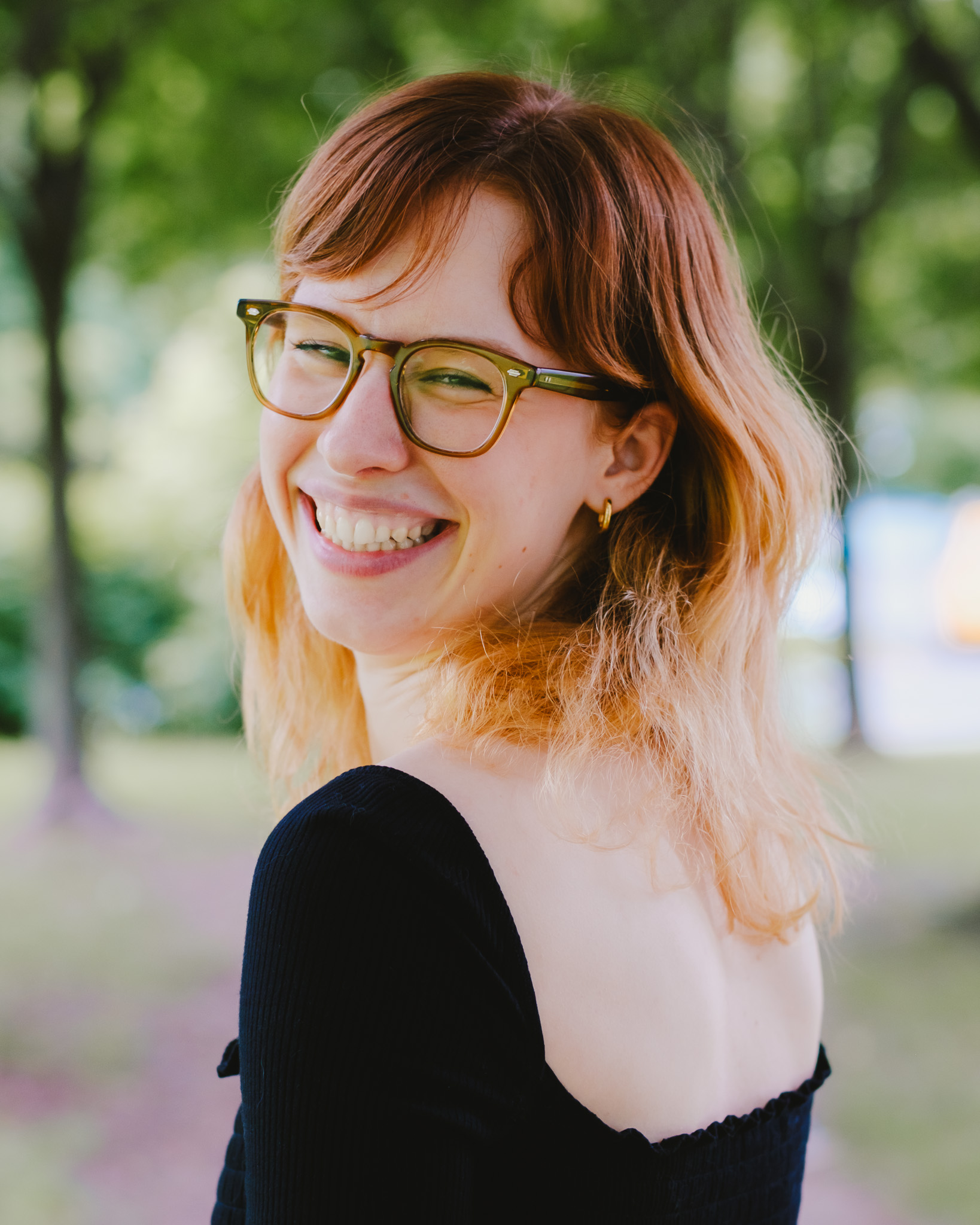
Sara (she/her) is an educator, facilitator and organizer who grew up on the unceded territories of the Algonquin nation in so-called Ottawa. Based in Tio’tia:ke (Montréal), Sara has been involved in climate justice organizing since 2019 and has previously been involved with Decolonial Solidarity, Climate Justice Ottawa, Climate Justice Montréal and Research for the Front Lines. She is a committed socialist and feminist dedicated to building a livable world for all.
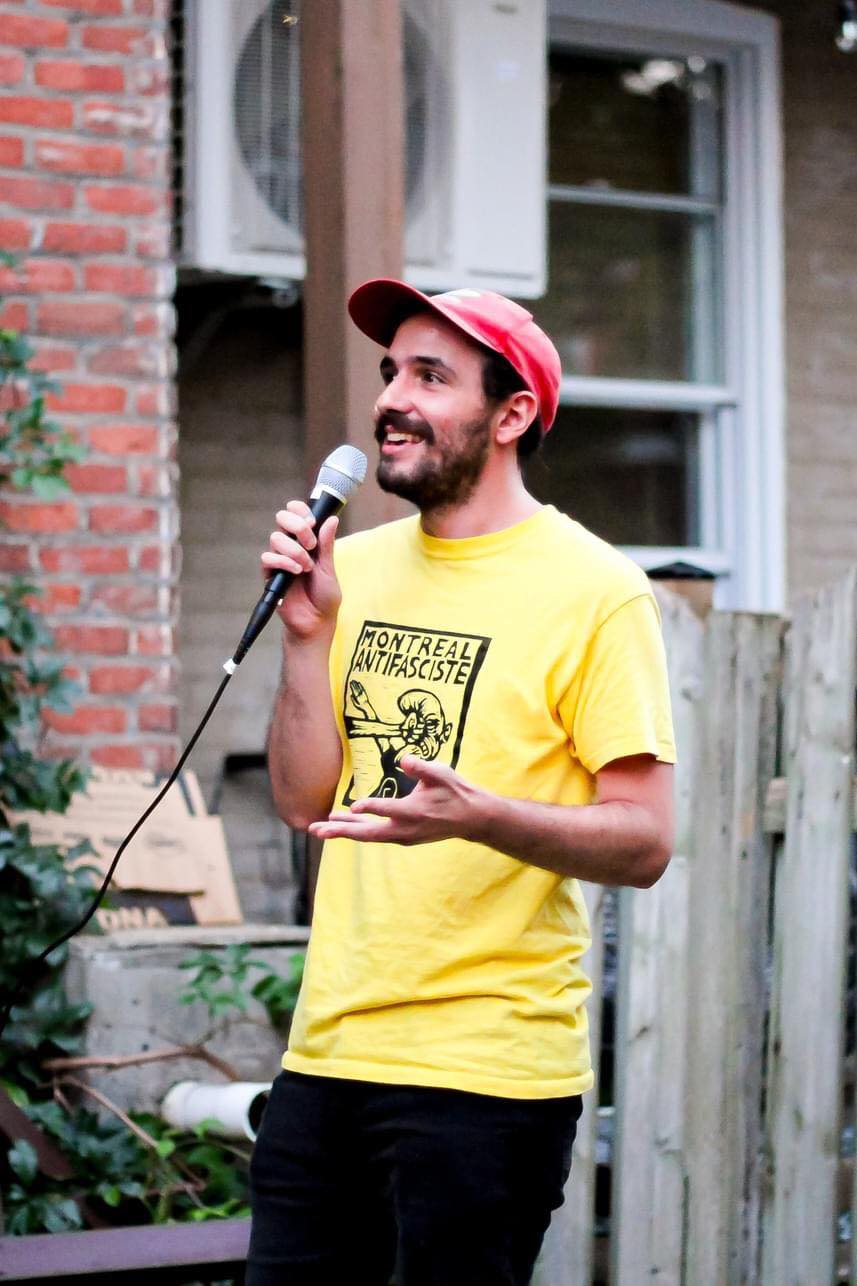
Jaouad (he/him) is an organizer and activist who grew up on the unceded territories of the Abenaki nation, in so-called Sherbrooke. He has lived in Tio'tià:ke (Montreal) since 2008, where he studied history and has been active in several social movements (student, union, anti-racist, environmental, housing rights, etc.). Through his involvement in community organizing, he has always sought to draw links between different systems of exploitation and oppression in order to nurture a convergence of movements between different social struggles. Popular education and knowledge transmission are at the heart of his priorities at the HUB.

Tess (they/them) grew up on the unceded territory of the Mi’kmaq people in so-called New Brunswick, and is now living in Tio'tià:ke (Montreal). They were introduced to the climate justice movement in 2019 when they began organizing Fridays for Future walkouts. Since moving to Tio'tià:ke, they have been involved in a variety of mutual aid and organizing initiatives. They are currently focused on tenant organizing. Tess has a particular interest in neighbourhood-based organizing, prefigurative politics, and building ties of solidarity and mutual learning across social movements.
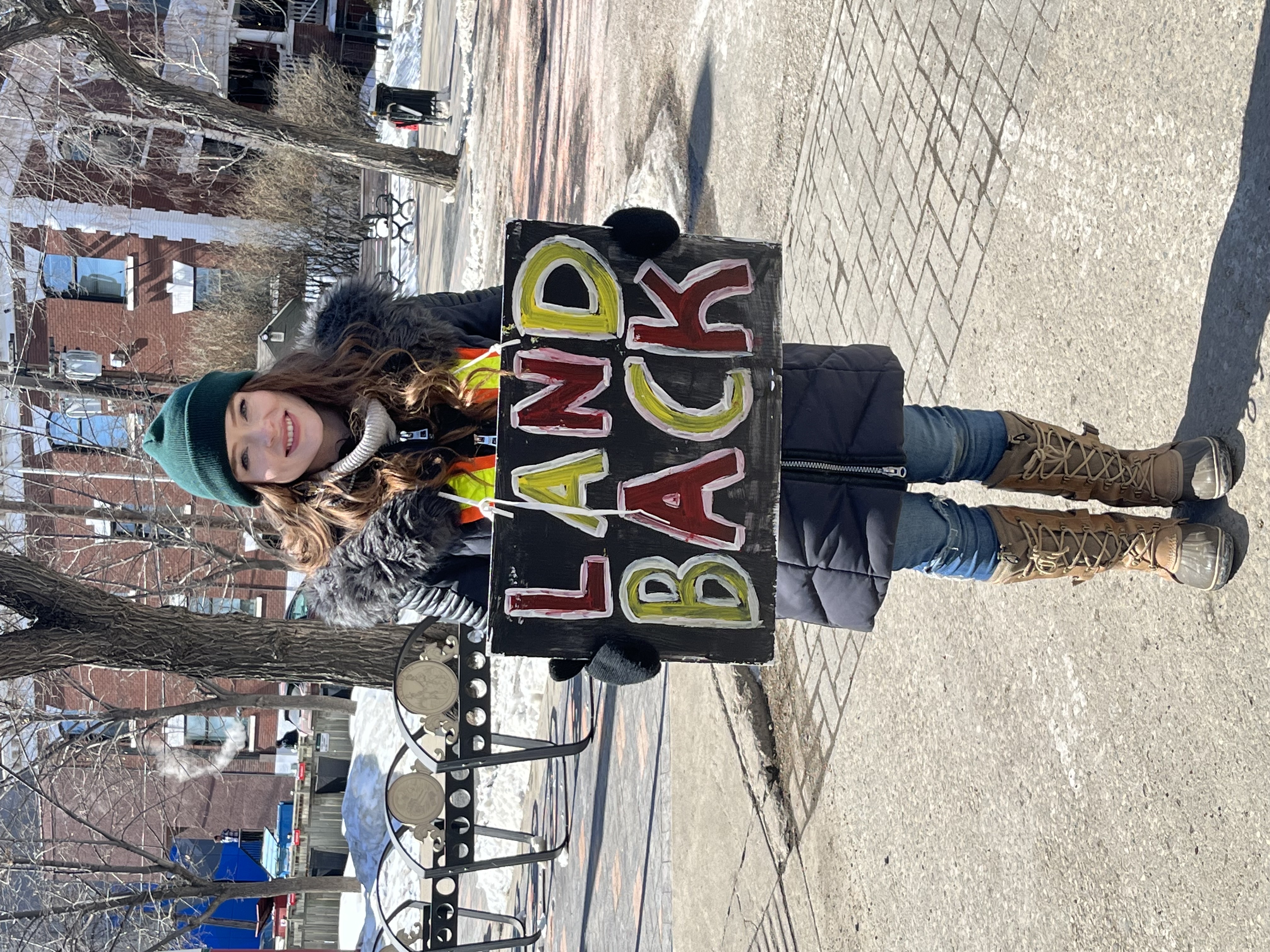
Mackenzie Burnett (she/her) is an organizer living on Treaty 6 territory in Saskatoon. After studying Environment at McGill University, she returned to her home province of Alberta where she worked on advancing a circular community. In 2021, she moved to Saskatoon and began organizing with Climate Justice Saskatoon. Then in 2023, she co-founded the Saskatoon Climate Hub. She is also a Master's student at the University of Saskatchewan, where she collaborates with industry partners and Indigenous and local knowledge holders in northern Saskatchewan on the Developing Eco-Restoration Together (DERT) project.
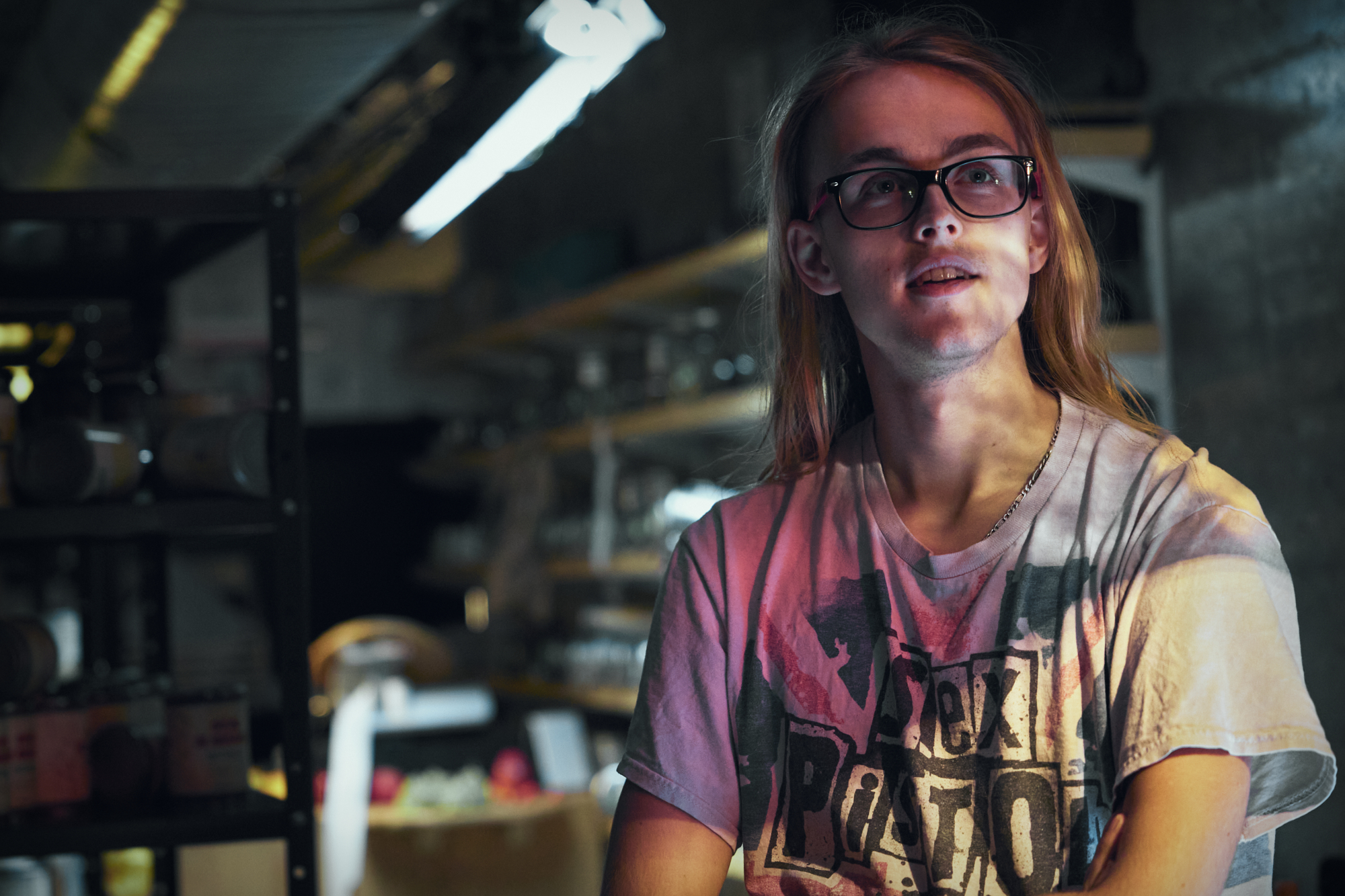
Zaël (she/they) is an organizer, filmmaker and activist who grew up on the unceded territories of the Kanienʼkehá꞉ka nation in Tio'tià:ke (Montreal). She has been involved in various struggles and organizations over the years, including the 2019-2020 youth climate justice movement. Her path has also led her to get involved in queer/trans, anti-colonial, student, feminist movements and other struggles. Different experiences have led her to focus on the interconnectivity of struggles, the long-term construction of social movements and an emphasis on political and militant education. Challenging power structures is at the heart of her concerns. Alongside her other commitments, Zaël maintains an artistic practice in the world of independent underground cinema.
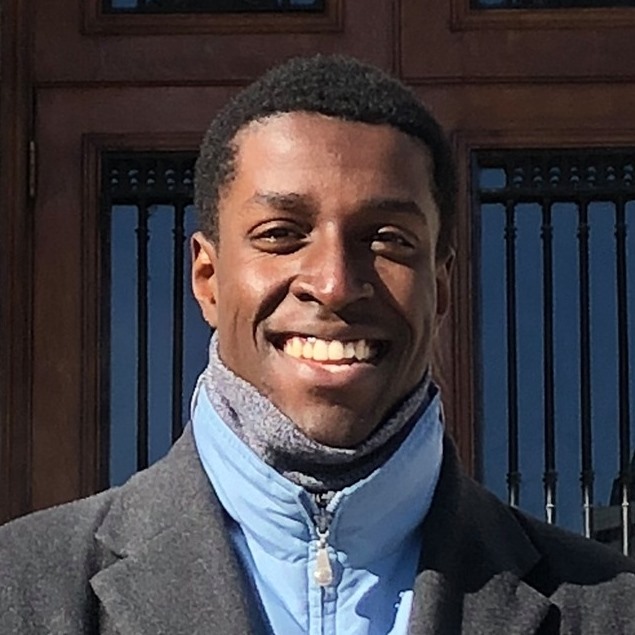
Ayo Ogunremi (he/il) is a political activist based in Montreal. He studied philosophy and sociology at McGill University, where he joined social movements for climate justice, migrant justice, labour rights, and Indigenous solidarity. His current activist engagements revolve around political education and research. On the education side, Ayo has organized introductory courses on organizing and social change, both locally and across the country. On the research side, he focuses on identifying problems in social-movement theory and practice, especially regarding questions of long-term strategy.
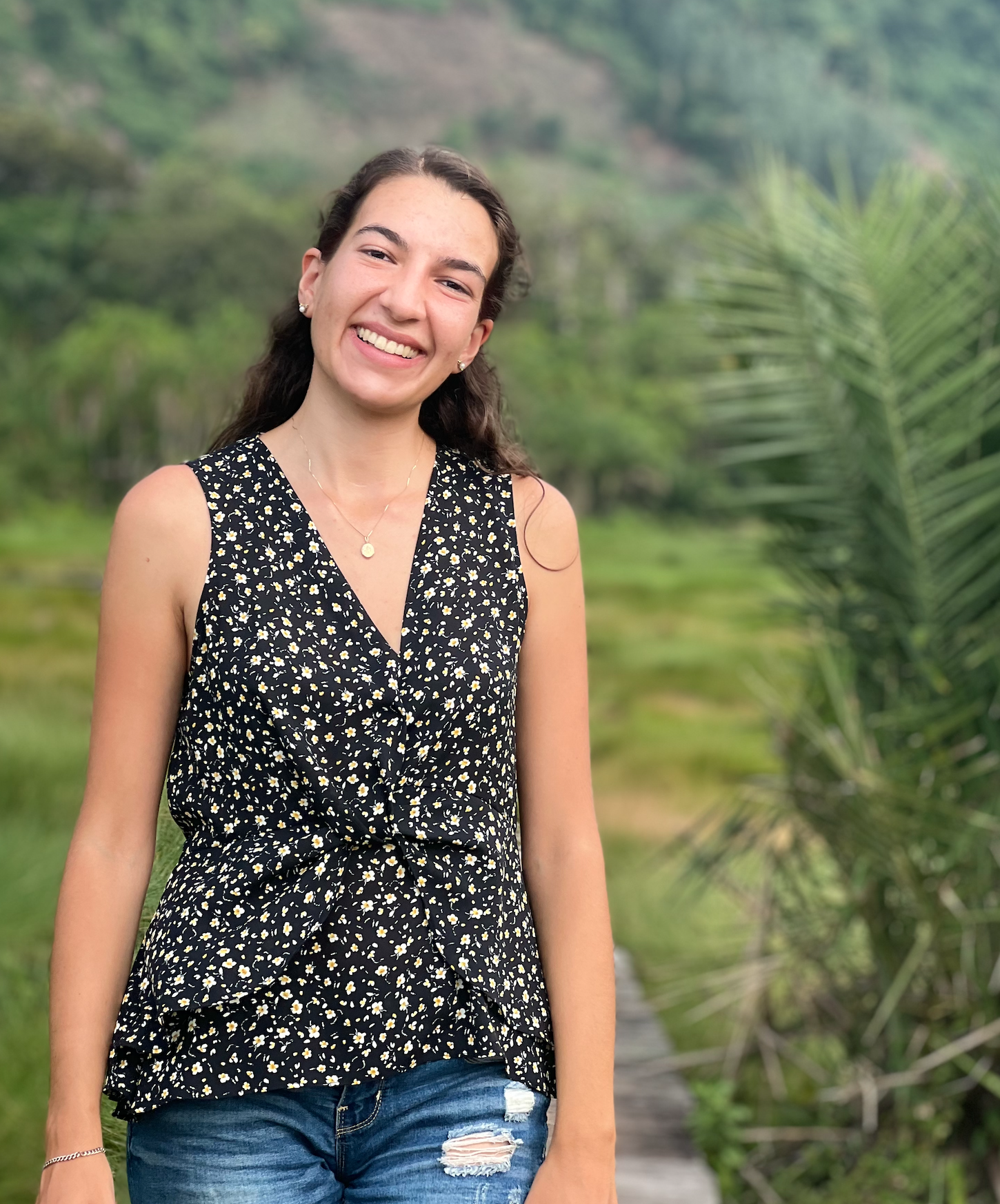
Amanda Harvey-Sánchez (she/her) is a Latina Toronto-based organizer, activist-researcher, and educator. The daughter of a climate scientist and a teacher, Amanda was called into the climate justice movement through working on her campus fossil fuel divestment campaign at the University of Toronto in 2015. Since then, she has had the opportunity to take part in community-based and justice-focused campaigns and projects across Canada, the US, India, and France. She is currently completing her PhD at the University of Toronto, on the social and political life of youth climate justice organizing in Canada.
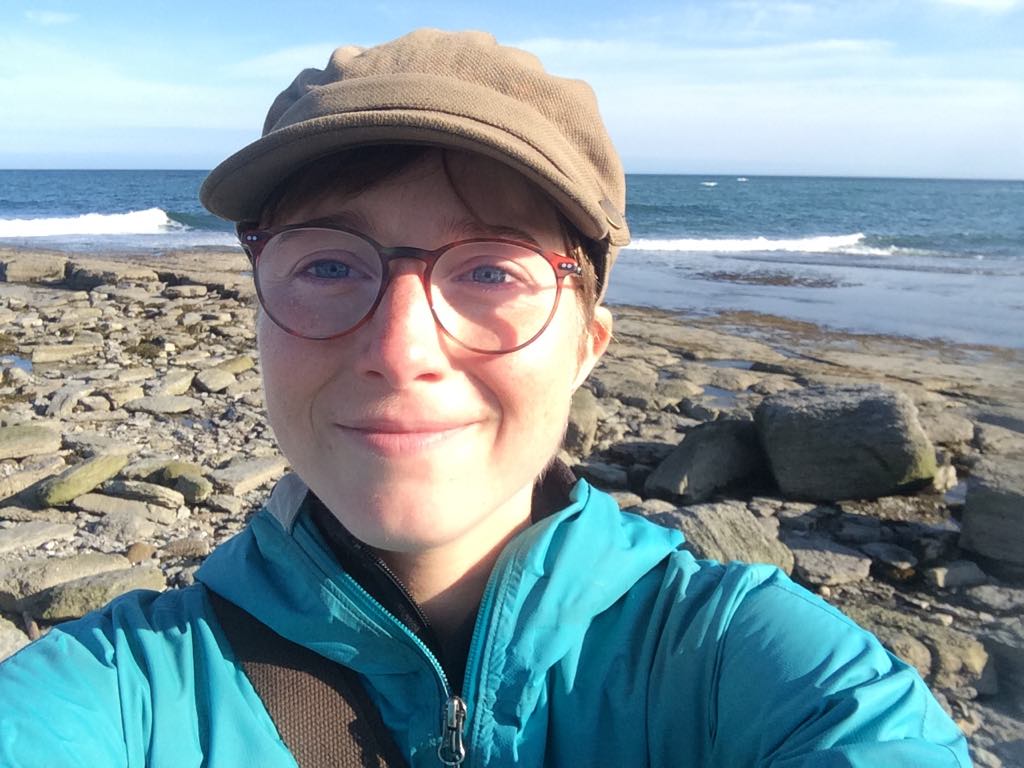
Having grown up on the un-ceded territories of the Kanienʼkehá꞉ka in Tio'tià:ke (Montréal), Florence (she/her) is actively involved in climate justice movements. She is equally passionate about the arts, particularly music, literature and theatre, as a means of communication and political education.
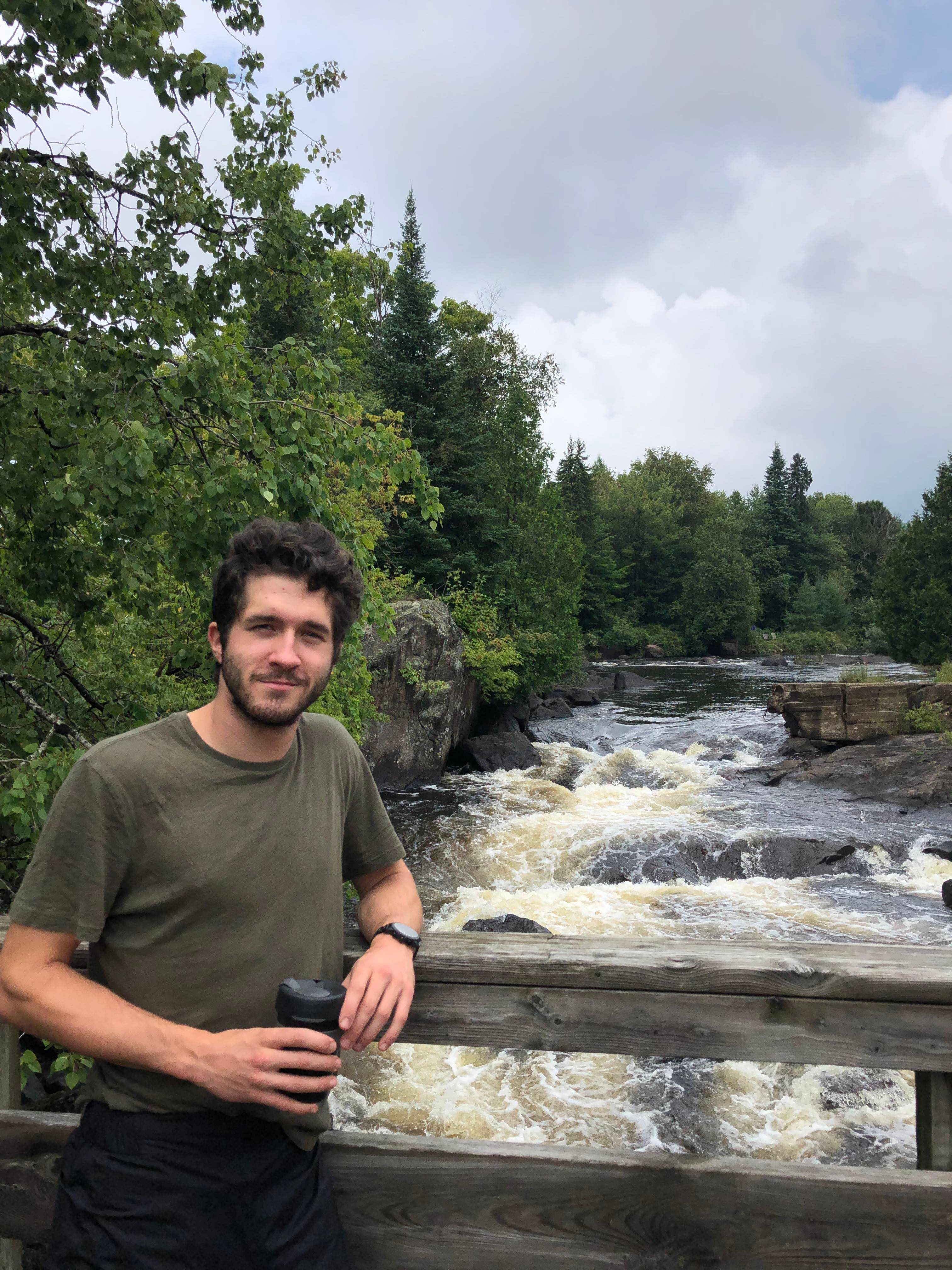
Léonard (il) est basé à Tio’tià :ke/Mooniyang/Montréal. Il milite dans plusieurs milieux de justice sociale et climatique, mais s’implique de manière continue au sein de la CEVES, la Coalition étudiante pour un virage environnemental et social, qu’il a cofondé en septembre 2019, et qui vise à rassembler et mobiliser la population étudiante du Québec sur les enjeux de justice climatique. Il a travaillé au sein des communications, de l’organisation de groupe et de la gestion financière. Ces réflexions se tournent notamment vers la collapsologie, l’adaptation radicale, la solidarité avec les Premiers Peuples, le travail émotif de la crise et les stratégies de création de communautés saines. Il poursuit présentement des études en écologie et en sciences des religions à l'Université du Québec à Montréal.
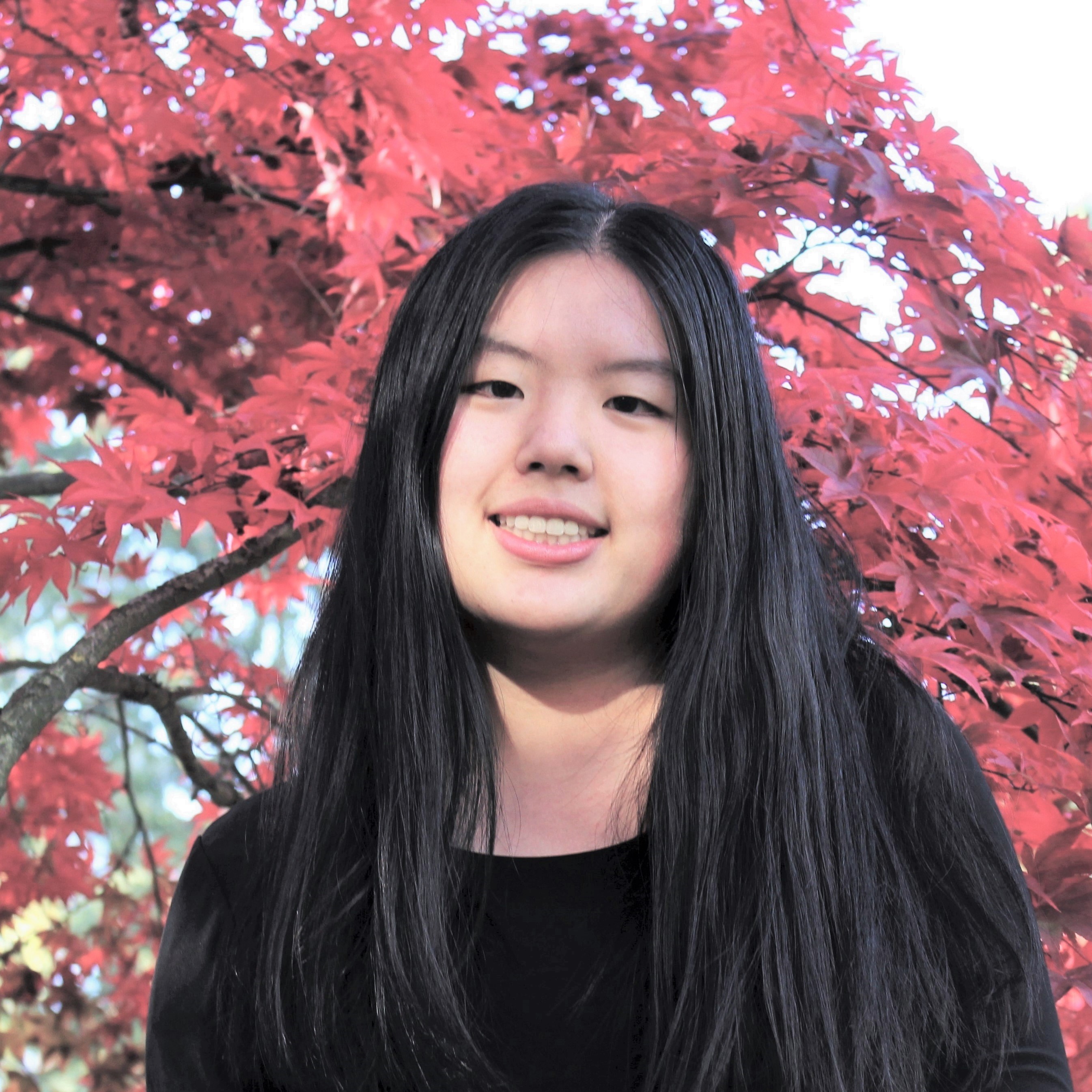
Michelle Xie (she/her) is a community organizer, artist, and sociology undergraduate at the University of British Columbia, who lives and learns on the stolen homelands of the Musqueam, Squamish, and Tsleil-Waututh peoples. Her work weaves together climate & disability justice by nurturing community care in ways that build upon the rich traditions of political and popular education & engage in abolitionist praxis in pursuit of collective liberation. Michelle is a coordinator with Climate Justice UBC, creator & editor-in-chief of the Water Damaged Paper Anthology, and Climate Resilience Lead at the UBC Climate Hub. Through and beyond these roles, she is dedicated to fostering anti-oppressive, trauma-informed spaces for personal and systemic transformation that are grounded in practices of radical imagination, cross-movement solidarity, and mutual aid.
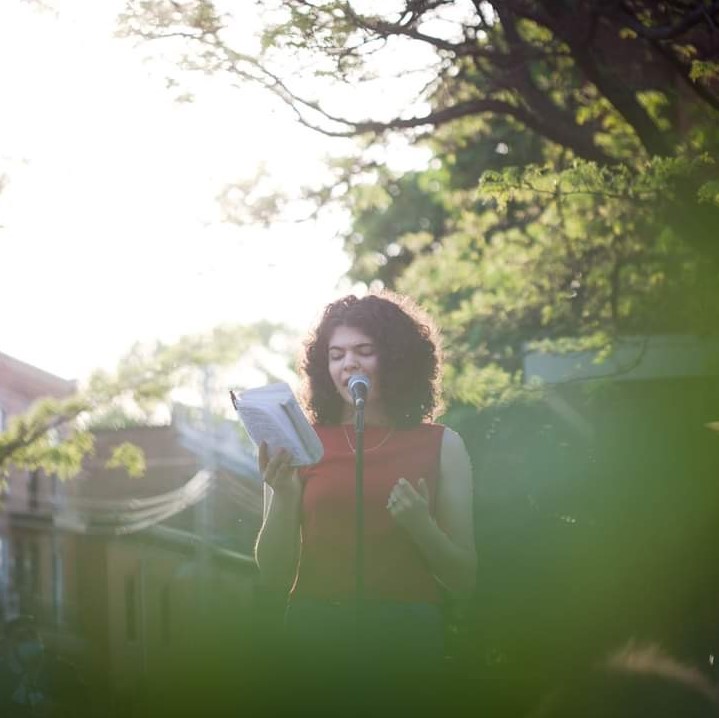
Laura Doyle Péan (they/them) is a queer Haitian-Quebecois poet and multidisciplinary artist, as well as a law and gender studies student, who is committed to social justice and fascinated by the relationship between art and movement work. Born in Nionwentsïo (Quebec city), where they first got involved in intersectional feminist, LGBTQIA2S+, migrant justice and racial justice organizing, they moved to Tiohtià:ke/Mooniyang (Montreal) in 2019, to attend univesity, and joined the fossil fuel divestment movement at the beginning of their first year. As an active member of the Divest McGill campaign, they got to participate in the 2021 Divest Ed fellowship, where they got to do research on school governance and democratization, and make space for reflection and learning along with other climate justice organizers from across turtle island and beyond. They are also one of the founding members of Collective 1629, a Black-led Quebec-city-based collective fighting against racial profiling and other forms of anti-Black state violence in Nionwentsïo. Laura published their first book, Coeur Yoyo, in 2020, and has participated in many artistic productions with the queer feminist collective Les Allumeuses, as well as with l’Espace de la Diversité. They hold a column in the literary magazine Lettres Québécoises, and have published poems and short stories in many others. The English translation of their book, Yo-yo Heart, will come out in London in the fall of 2022, with 87th press.
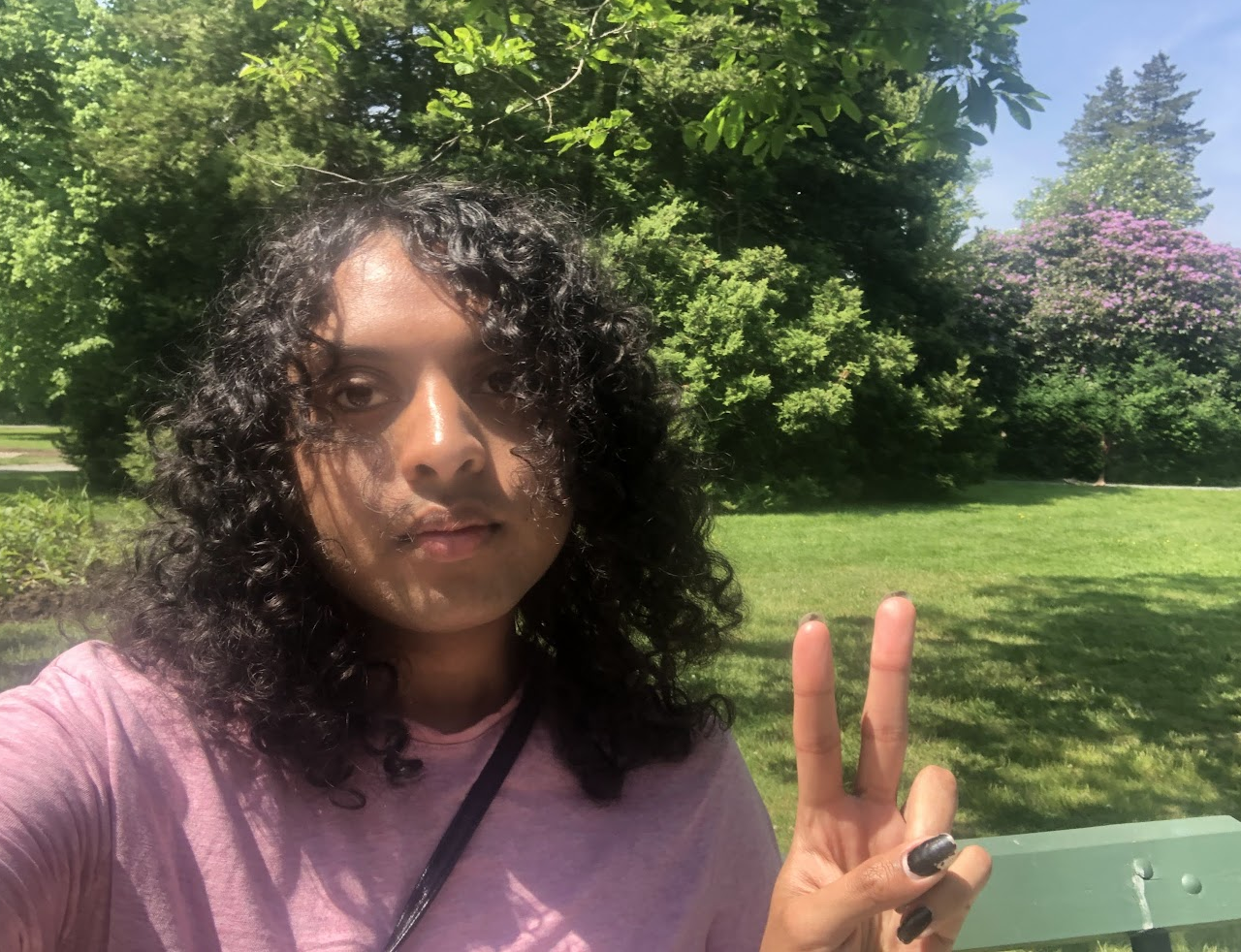
Zahur Ashrafuzzaman (she/he/they) is a Bengali settler raised on q̓ʷɑ:n̓ƛ̓ən̓ (Kwantlen), q̓ic̓əy̓ (Katzie), SEMYOME (Semiahmoo), kʷikʷəƛ̓əm (Kwikwetlem), and qiqéyt (Qayqayt) territory in so-called Surrey, BC and now living in Tio:tià:ke/Mooniyang/"Montréal." She recently graduated from McGill University, where she has been an active organizer with campaigns for climate justice, food justice, and Indigenous sovereignty including Divest McGill, Let's Eat McGill, and Divest for Human Rights McGill. Zahur has been a Divest Ed Fellow and Reinvestment Coordinator for the College Climate Coalition, and has organized with other climate justice coalitions such as the Divest Canada Coalition and Climate Strike Canada.
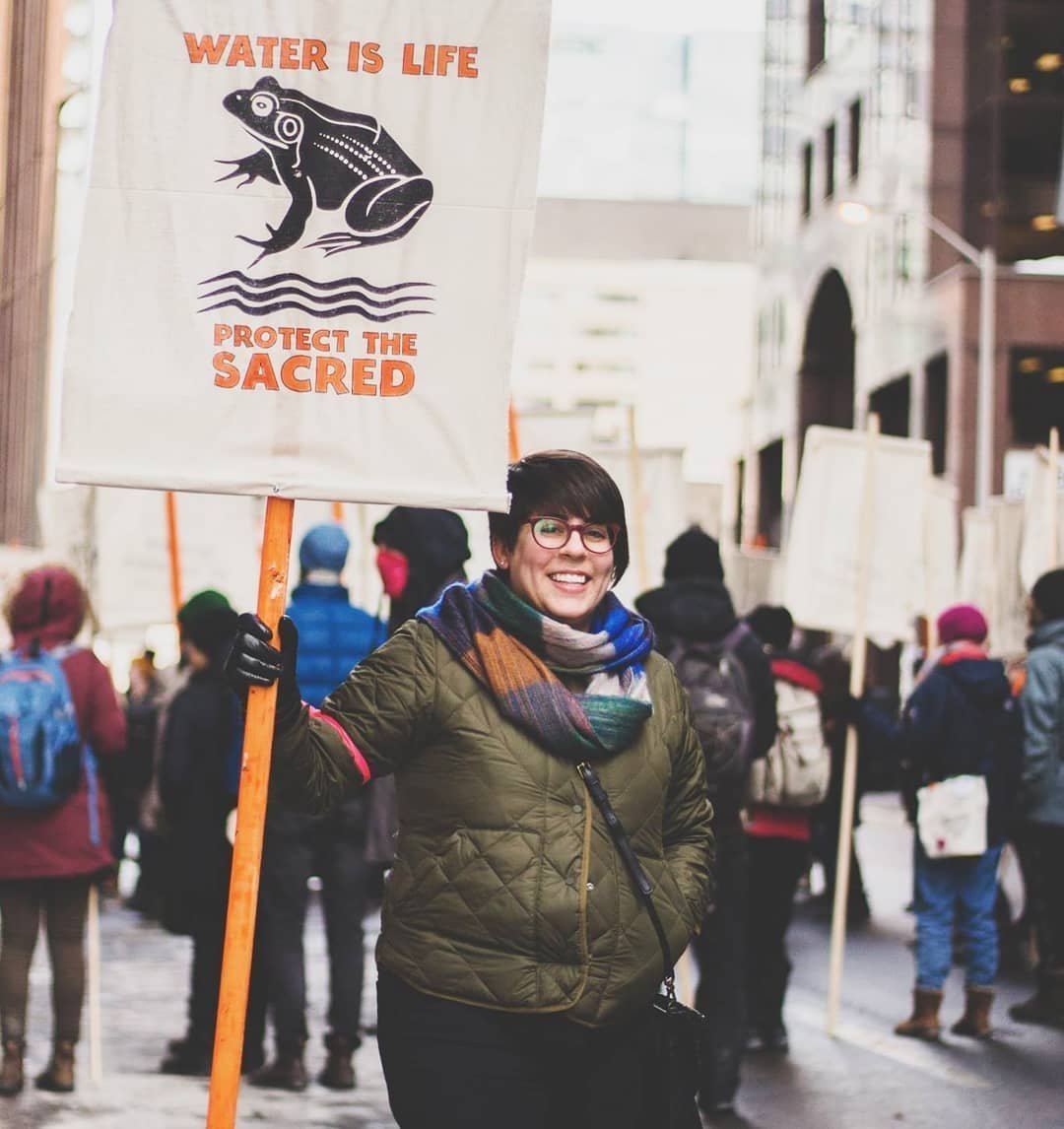
Amara (she/her) is a campaigner, educator, and facilitator with 10+ years of experience helping groups run winning campaigns and build thriving organizations. She has led some of Canada’s most impactful people-powered campaigns, using digital tools to engage and mobilize hundreds of thousands of people to win on issues and change governments. An experienced meeting designer and facilitator, Amara has trained and coached thousands of campaigners and activists around the world. She currently manages Canada campaigns at 350.org.
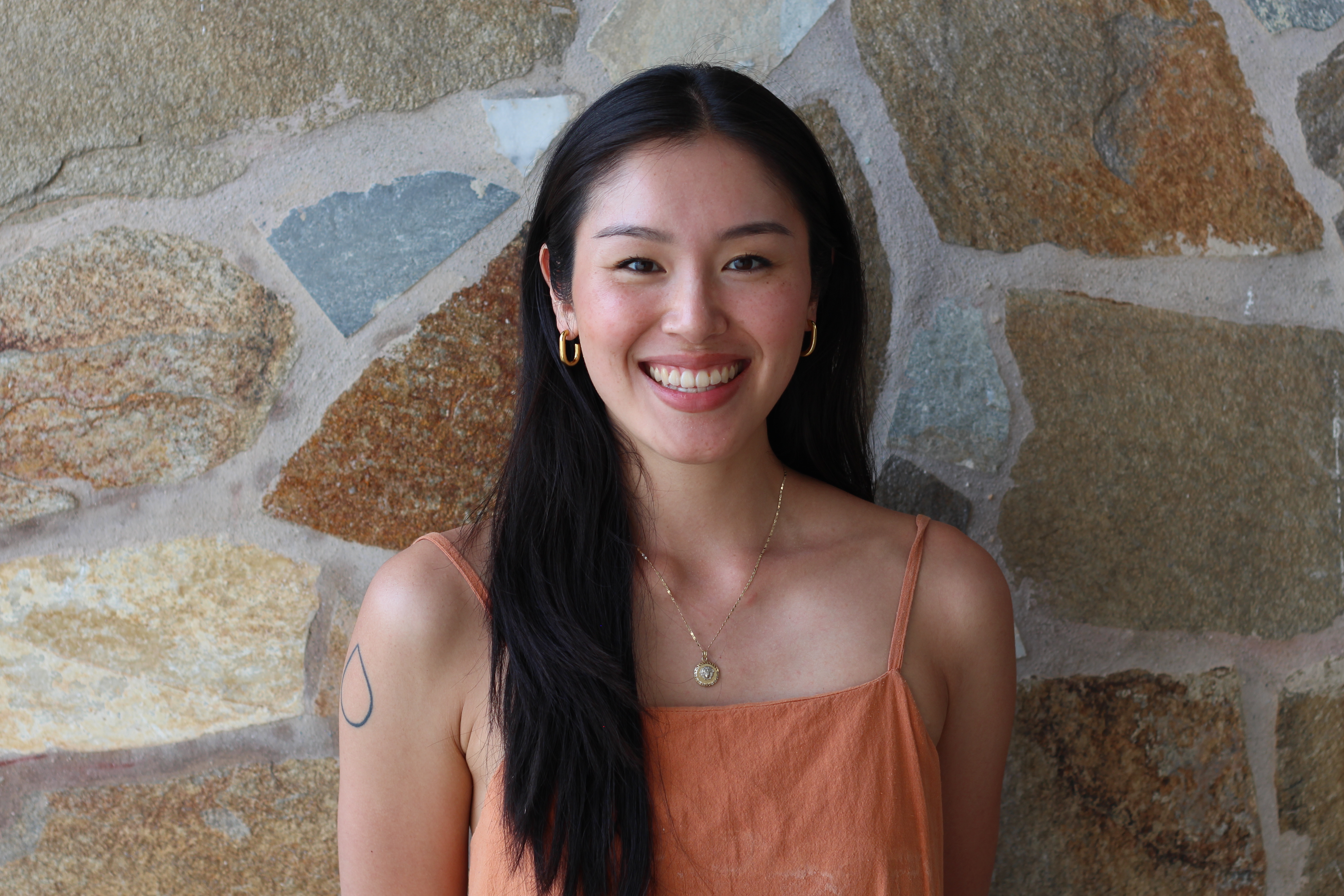
Jacqueline Lee-Tam (she/her) is the former Director of the Climate Justice Organizing HUB. Born and raised as a guest on Squamish, Musqueam and Tsleil-Waututh Territories (Vancouver), she now resides in Tkaronto (Toronto) on the territories of the Huron-Wendat, Seneca, and Mississaugas of the Credit First Nations. She has been involved in the climate justice movement since 2014 when she joined grassroots efforts fighting the Trans Mountain pipeline expansion. Since then, she has campaigned for fossil fuel divestment at Pearson College UWC and McGill University, and has organized with mutual aid efforts in response to the COVID-19 pandemic. To her, movement work is how we dream into practice the world we want to live in. She holds a B.A. in Gender, Sexuality, Feminist and Social Justice Studies with a double minor in Environmental Studies and Economics from McGill University.
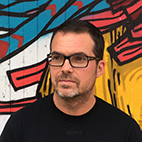
Prior to founding the HUB, Tom (he/him) worked as an advocacy mobilization consultant serving NGOs in the U.S., U.K., Canada, Australia and New Zealand. As a researcher and analyst, he continues to release reports and articles on emerging campaign practices for think tanks, funders and global publications. To share knowledge openly with other campaigners, Tom devotes his volunteer hours to bottom-lining the Blueprints for Change network, which produces free ‘how-to’ guides for justice-oriented activists across the world.